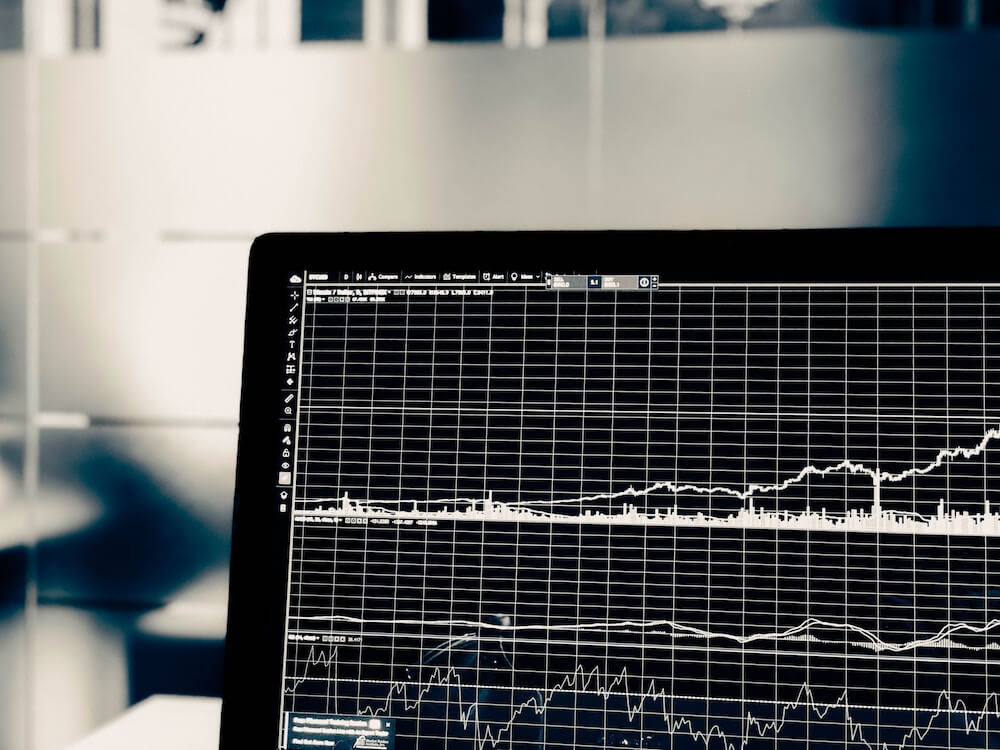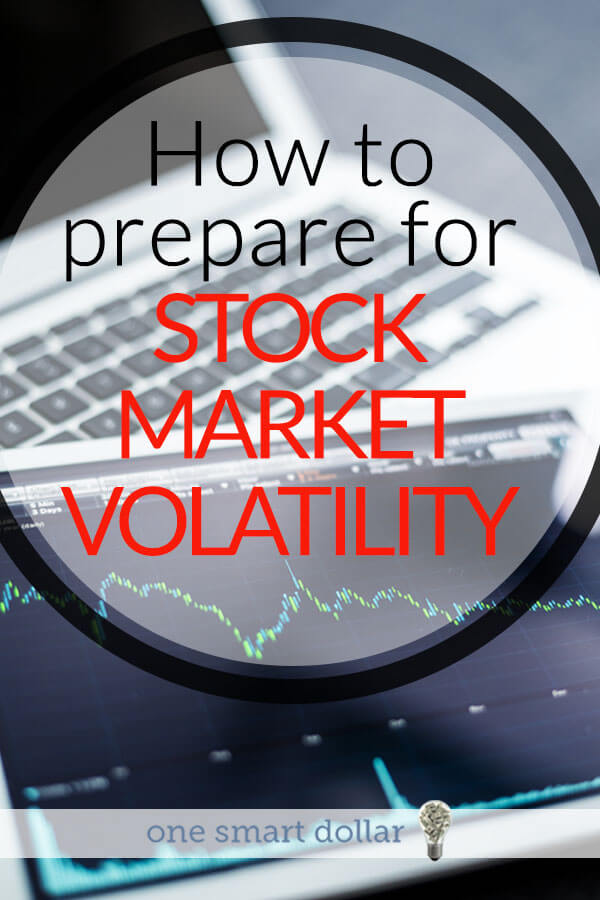
The stock market always goes up. That statement is true if you look at a long enough period of time. But as we know, on any given day, the market could drop significantly causing panic among investors. While we like seeing the valuation of our accounts continue to tick up and up, we have to be prepared for the inevitable downturn.
Market volatility refers to the ups and downs. It involves both the highs and the lows even though the lows cause more extreme emotions than the highs. Before you trade based on emotion, understand where you are financially. Follow these preparedness measures that vary depending on what stage of life you are in.
If You’re a Long Ways from Retirement…
For many investors in their 20’s, 30’s, and 40’s, a volatile market is nothing to give a second thought to. By investing the same amount regularly, you can dollar-cost average into the market at a reasonable rate.
If you have money that hasn’t been invested, and the market takes a downturn, then it’s time to get in while the stocks are “on sale.” Beef up your portfolio because over time, the market will go back up and your account will be even bigger.
[quads id=3]“For those like myself – 45 and under and using the market to invest for retirement – “severe” swings in the market shouldn’t cause you to bat an eye,” says Philip Taylor, founder of PTmoney.com and FinCon. “Tune it out. The market is simply a reflection of the American economy, which is still the greatest hope of mankind and for your wallet.”
To prepare: Don’t worry, stick to your plan.
If You’re Getting Closer to Retirement…
As you near retirement, you don’t have the time needed to recover from a severe downturn. For those that are 10 to 15 years away from retirement, big drops can be unsettling. You know that the market will go back up, but will it recover fast enough so you can retire when you want to?
Also Read: Automated Investor with the Best Robo-Advisor
Now is the time to meet yearly with your financial advisor. Make sure that your portfolio is balanced properly with a mix of aggressive funds (those that will recover quickly) and a healthy percentage of safer funds (those that won’t lose quite as much value).
“There is one time-tested rule to investing – markets go up, and markets go down,” says Ryan Guina, founder of Cash Money Life and The Military Wallet. “Unfortunately, no one can predict when. Instead of worrying about what you can’t control (the whims of the markets), focus on what you can control – your asset allocation, your savings rate, and your expenses.”
To prepare: Re-evaluate your plan; make sure that you’re properly allocated.
If You’re Nearing Retirement…
Market volatility when you are within a few years of hanging up your hat can be hard to stomach. You have a retirement date in mind, and you would prefer not to have to work another year (or two) while waiting for your accounts to recover.
From five years before you retire to five years after you retire, you should be the most conservative. This will help preserve your investments (but still capture growth). It will also let you understand your living expenses after you’re done working. You can then get more aggressive when you have your expenses determined. Just use the “five years of cash” principle described below.
To prepare: Keep your investments conservative so that you don’t lose a lot just before retirement.
If You’re Retired…
After you have retired, a market downturn can end up causing big problems. If there’s another recession, like that of 2008 proportions, your nest egg may be cut in half. Fortunately, there is a solution that can help you ride out the market downturns.
Also Read: 3 Ways Robo-Advisors Reduce the Cost of Investing
Keeping five years worth of cash in your portfolio will give your money time to recover if the market dips suddenly. You draw on the cash reserves, instead of selling shares when their value has depleted. Then, when the market recovers, you sell shares to replenish the cash reserves in case of another drastic dip.
To prepare: Maintain cash in your account so you’re not selling funds when their value is down.
No Matter What Stage of Life You are In
Whether you’re just starting out on your financial journey, or you’re wrapping things up and living off what you have set aside, there’s a common theme when it comes to enduring market volatility.
Have a plan, stick to the plan, and don’t let emotions make your decisions.
When the market becomes volatile, your emotions will run high. You will second guess your decisions. You will be tempted to cut your losses, move everything to cash, and wait for the rough ride to be over.
“Many people panic and take money out of the stock market, and that is a huge mistake because then you are most likely going to lose money in the long run,” says Michelle Schroeder-Gardner, founder of Making Sense of Cents. “For me, I’m using this volatility as a buying time – everything is discounted!”
The market will go down, the market will go up. Sometimes those swings are wild, and that market volatility can cause some stress. Keep in mind that given an extended period of time, the market will go up, so stick with your plan.

